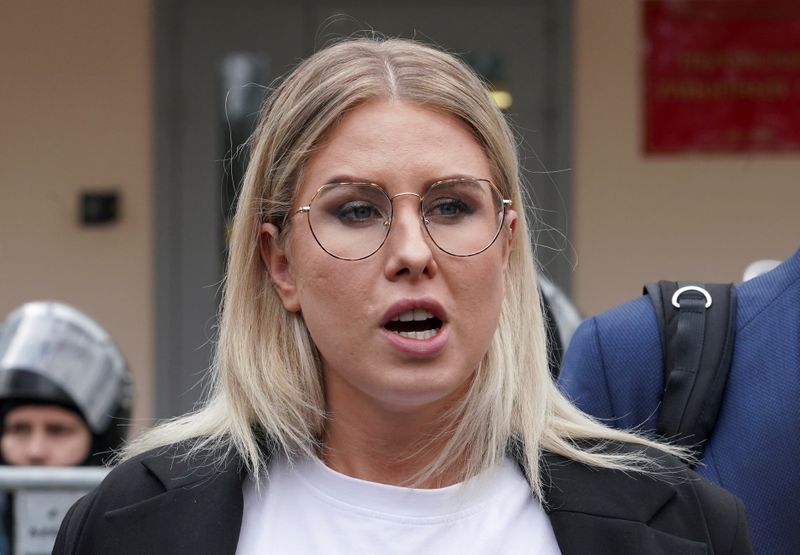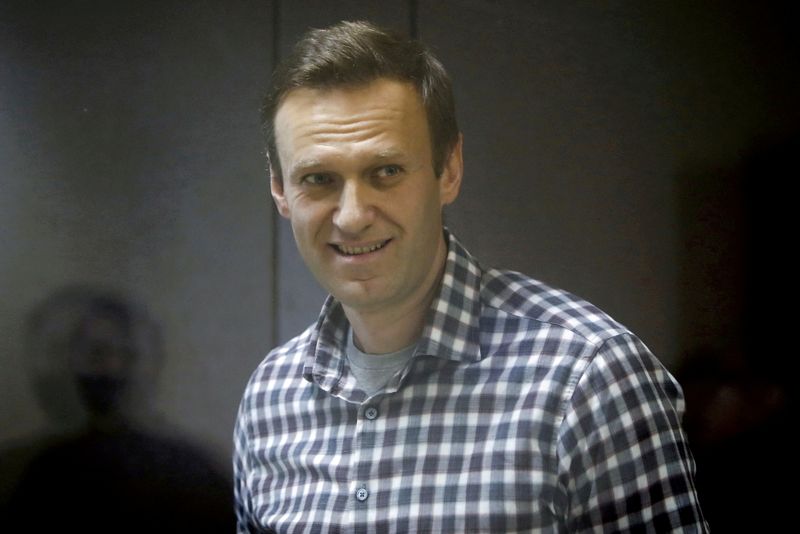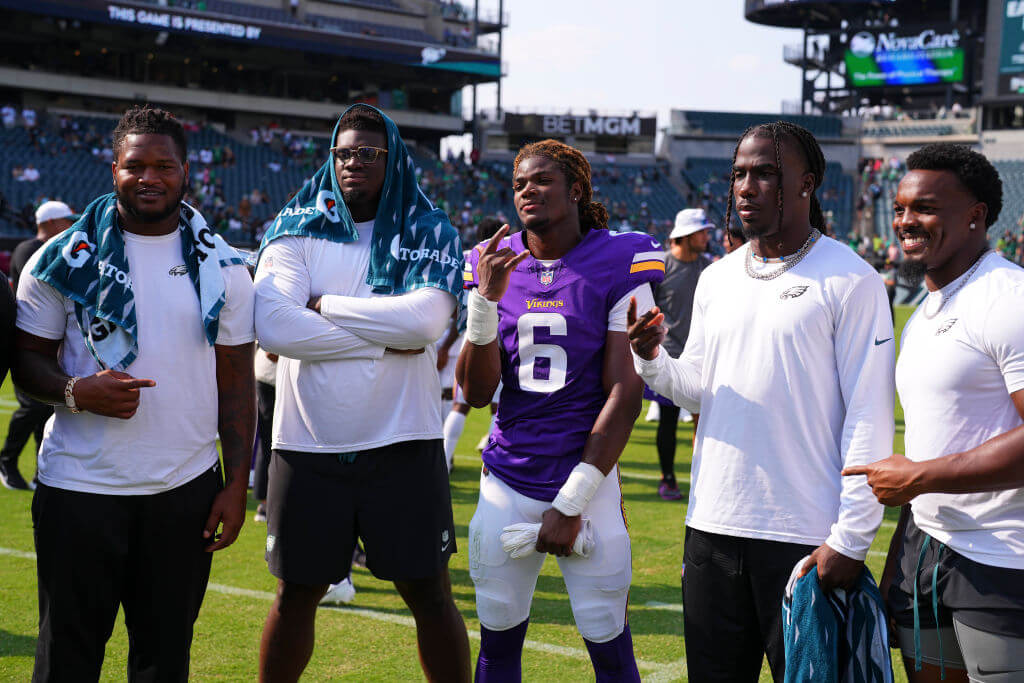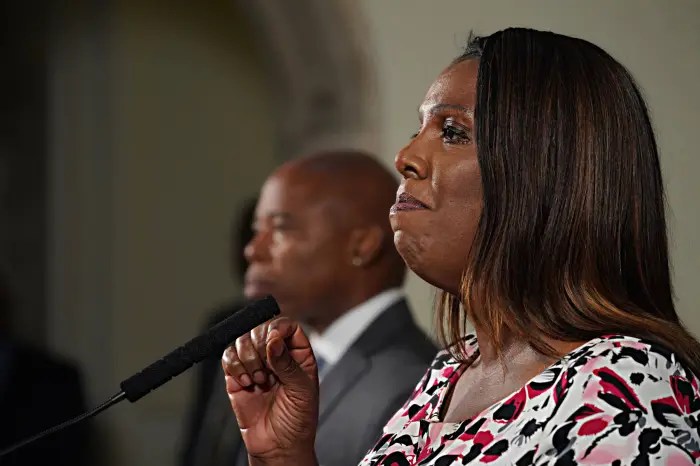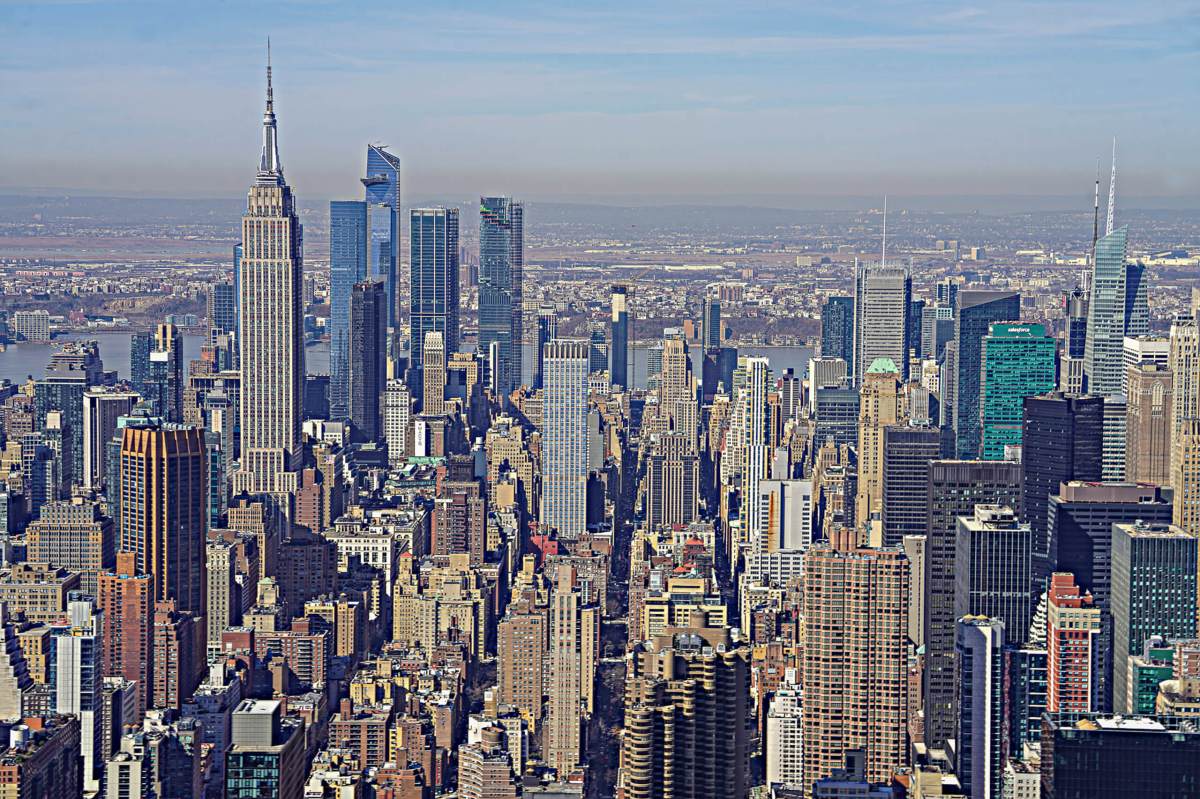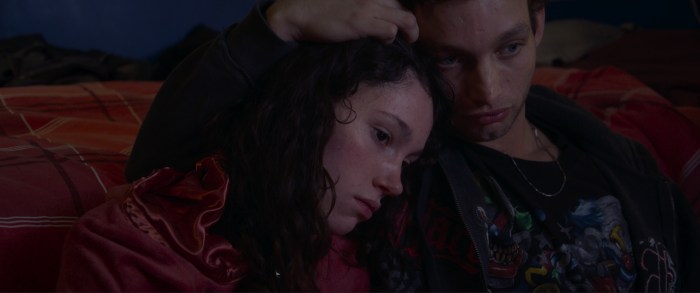MOSCOW (Reuters) – Russia’s parliament approved a bill on Tuesday that would bar members of “extremist” organisations from serving as lawmakers, a move that allies of jailed Kremlin critic Alexei Navalny say aims to stop them running in September’s parliamentary election.
The bill, which the lower house of parliament approved in a first reading, comes as a court is considering outlawing Navalny’s anti-corruption foundation and regional campaign groups as extremist.
The draft legislation proposes barring any members or heads of groups declared extremist from running for seats in the State Duma lower house for periods ranging from one to five years.
If passed, the bill would likely derail campaigns for the parliament announced by activists such as Lyubol Sobol, who is currently under house arrest for taking part in a protest in support of Navalny.
Sobol described the bill on Twitter as an “unconstitutional” attempt to bar her from running in the election this September.
Before becoming law, the bill needs to be approved in two more readings in the lower house, before being backed by the upper house and signed by President Vladimir Putin.
Vasily Piskarev, a lawmaker from the ruling United Russia party who co-authored the bill, said it was necessary to bar people from “extremist” organisations from holding seats in parliament because they could use their position “for propaganda and the justification of their ideas, as well as for the recruitment of new followers.”
If Russia formally declares Navalny’s Anti-Corruption Foundation and regional groups extremist, authorities will gain the formal power to jail activists and freeze their bank accounts. The next court hearing in the case is set for June 9.
The case has already prompted Navalny’s allies to disband the regional groups.
Navalny’s allies say the extremism allegations are an attempt to blunt their political opposition to United Russia at the parliamentary election.
(Reporting by Gabrielle Tétrault-Farber; Editing by Tom Balmforth and William Maclean)

